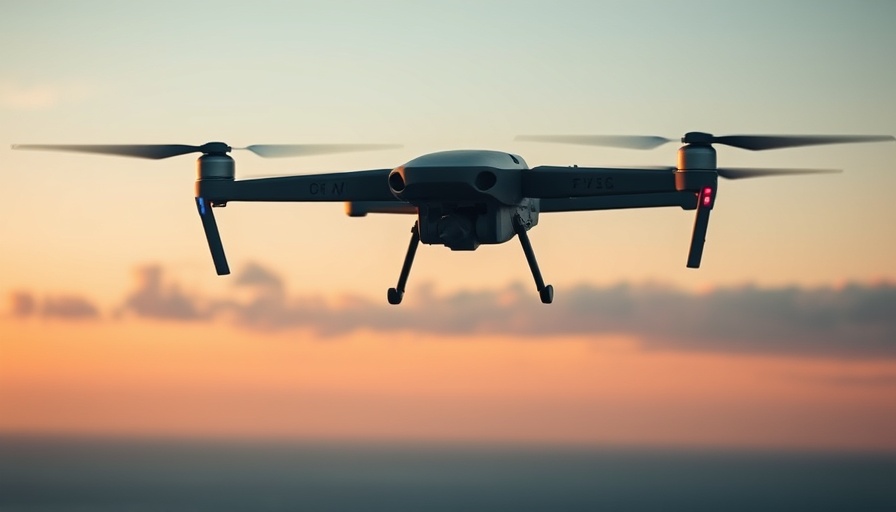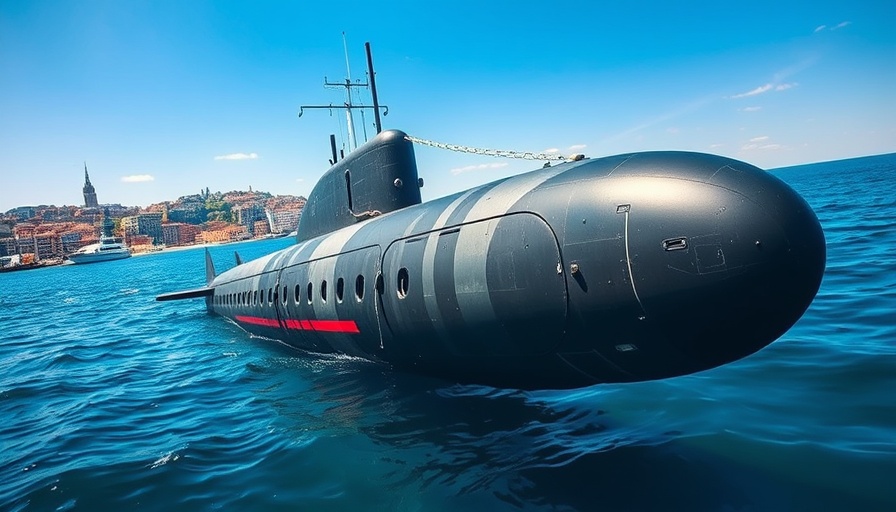
Revving Up Confidence Amid Challenges
Boeing’s recent award of a $61 million contract signals a significant boost in confidence for both the company and its stakeholders. In a climate of uncertainty surrounding the development of the Hypersonic Air-breathing Weapon Concept (HAWC), this contract not only bolsters Boeing's standing in the defense industry but also addresses pressing defense needs. It reflects a commitment to advancing aerospace technologies while reminding us of the complexities that come with innovation.
The Impact of Hypersonic Technologies
As defense agencies are increasingly focusing on the development of hypersonic weapons, Boeing stands at the forefront of this transformative field. Hypersonic technologies, which allow missiles to travel at speeds greater than Mach 5, promise to revolutionize military strategy and operations. The potential for rapid deployment and strikes that surpass traditional defense systems makes these advancements critical for national security. However, the path to successfully operationalizing HAWC is riddled with technical challenges and skepticism within the community.
Key Players in the Defense Sector
The award underscores a strategic pivot in the defense sector, where partnerships and collaborations could shape the future landscape. Companies like Raytheon and Lockheed Martin remain heavyweight competitors in hypersonic development, creating an environment where innovation must happen at a breakneck pace. As Boeing navigates these competitive waters, this recent contract serves as an essential motivator to continue pushing technological boundaries.
What This Means for Employees and Stakeholders
For shipyard employees and those engaged in the wider defense community, the success surrounding this contract can lead to job stability and even growth. Increased funding and confidence in their company's mission can translate into better resources, training, and opportunities for advancement for those within the workforce. This ripple effect reinforces a sense of purpose and community within the industry, reminding workers that their contributions have tangible impacts on national security.
Looking Ahead: Future Possibilities in Defense
Moving forward, the focus on hypersonic technologies may set a precedent for other advancements in defense capabilities. Civilian applications could emerge from this technology as well, possibly influencing sectors such as aerospace and transportation. The success of the HAWC could create a broader framework for innovations aimed at beneficial outcomes, such as more efficient travel methods and material science breakthroughs.
Final Thoughts: Embracing Innovation
As Boeing steps into a future lined with opportunity yet fraught with challenges, the reaffirmation of confidence through this contract signifies an important moment not only for the company but for the defense industry as a whole. Embracing innovation will be key, and understanding the implications of hypersonic technologies is crucial for everyone involved, from policymakers to workers in the field. This contract may just be the beginning of something much larger on the horizon, paving the way for advancements that could redefine our understanding of airpower.
 Add Row
Add Row  Add
Add 




Write A Comment